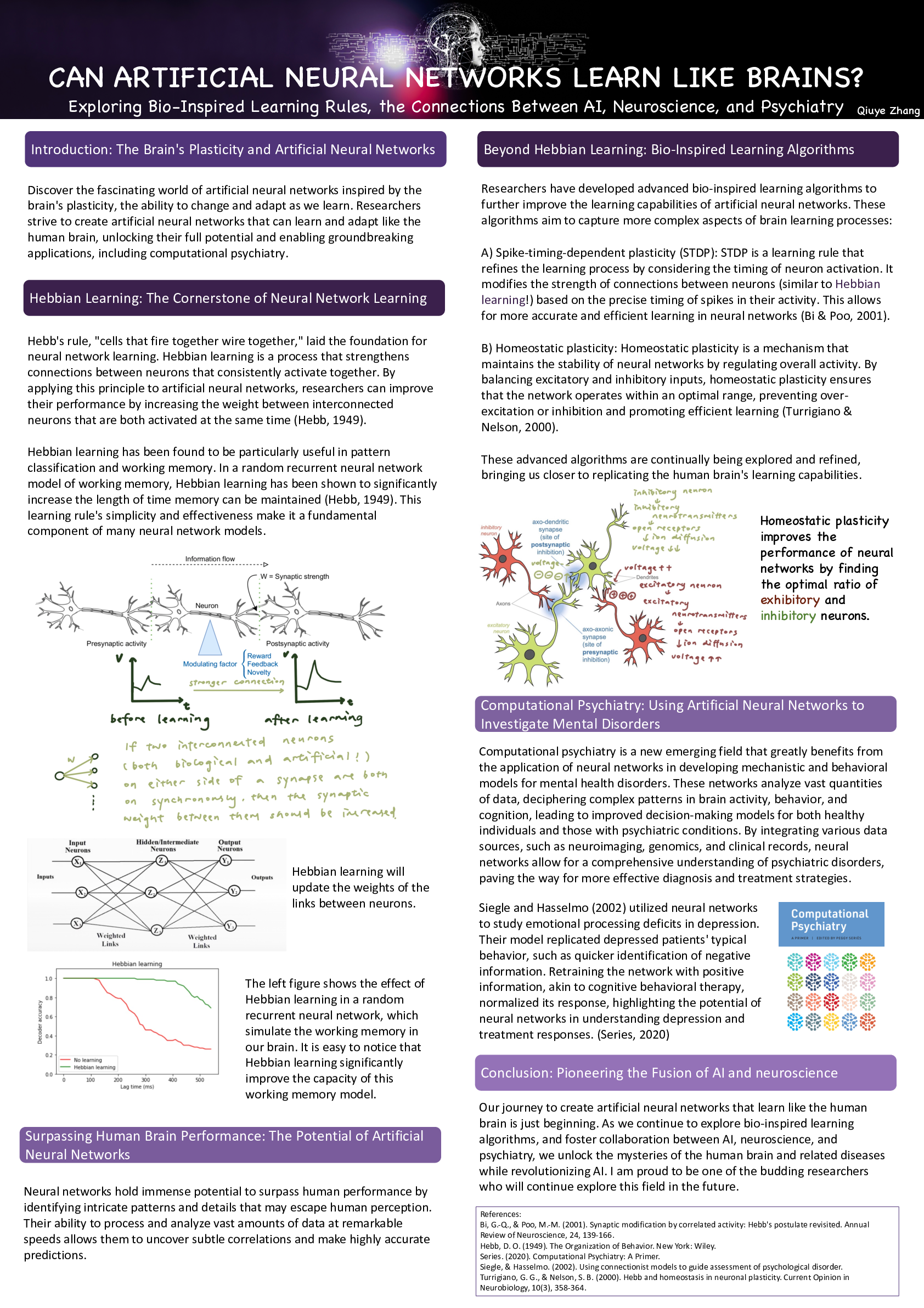With the daily news from colleagues in the US, the rhetoric in UK politics, and decreasing budgets and increasing bureaucracy at home, it can feel like conversations become more cautious and civility is under pressure. At the same time, we still talk about fairness, community, and belonging. How can those two things go together? The question comes at a complicated moment when it’s easy to become deflated, but the answer is important. Because how we respond now will shape what kind of School we become in the years ahead.
- Inclusion isn’t just nice to have, it’s how we do our best work. At the heart of our School are its people: students, lecturers, researchers, professional services staff, technicians, cleaners, everyone. And when people feel valued, safe, and able to be themselves, they contribute more. That’s not ideology, it’s just common sense. If someone is constantly second-guessing whether they belong, or if their ideas will be taken seriously, or if they’ll be overlooked for promotion again, that takes energy. And it takes a toll. On the flip side, when we actively create spaces where people feel included, we get better ideas, better decisions, and better outcomes for students and staff alike. Inclusion isn’t separate from excellence — it’s what makes excellence possible.
- Trust matters, especially during uncertainty. Let’s face it: our university is under strain. Industrial action, funding pressures, curriculum transformation, severance schemes, posts not being backfilled, culture wars. It’s a lot. And in tough times, people start paying closer attention to how decisions are made. Are they fair? Transparent? Who gets consulted, and who doesn’t? That’s where inclusivity really shows its value. It’s not about writing another strategy. It’s about building trust. Making sure people feel heard. Creating systems that don’t just work for the top, or even “most people”, but for everyone. When trust is strong, we can weather change much better. When it’s not, even small changes can feel like a betrayal.
- Yes, EDI is facing pushback, but we shouldn’t abandon it. Equality, Diversity, and Inclusion are under more scrutiny these days. Some media call it “divisive,” others say it’s a distraction. And sometimes it does get stuck in bureaucracy or becomes disconnected from real impact. That’s a fair critique, and one we should listen to. But that’s not a reason to give up on it altogether. It’s a reason to make it better. Let’s focus on what actually changes people’s day-to-day experience: open conversations about differences, clear progression routes, and accessible support. That’s where our real culture happens.
- This isn’t someone else’s job. Culture is not something that sits with the People & Culture committee only. It lives in the everyday: who speaks in meetings, how feedback is given, what gets rewarded, and who feels able to challenge things. It does not just come from the senior leadership, but is built from the simple things. Anyone who works with others, teaches, supervises, mentors, or makes decisions has a part to play. It isn’t about being perfect. It’s about being aware, being open to learning, and being willing to take action when something isn’t right. We all get stressed at times. We all get things wrong. What matters is how we respond.
Budget cuts, criticism, and a seemingly growing public opinion that goes against our values – under such an onslaught of bad news, the temptation may be to pull back. To dial down inclusivity strategies and focus on “the essentials”. But Civility is essential. Curiosity, Integrity and Humility aren’t a bonus. They’re our baseline. Without them, we lose trust, engagement, talent, and ultimately, credibility. So do let’s keep going, and continue to Collaborate in ways that are grounded, transparent, and human. To ask honest questions, to listen when colleagues tell you what’s not working, and to build a culture where we help each other thrive. Not because it’s trendy. Not because it’s required. Because it’s right. It’s what makes us better, as a University, as a School, and as people.

